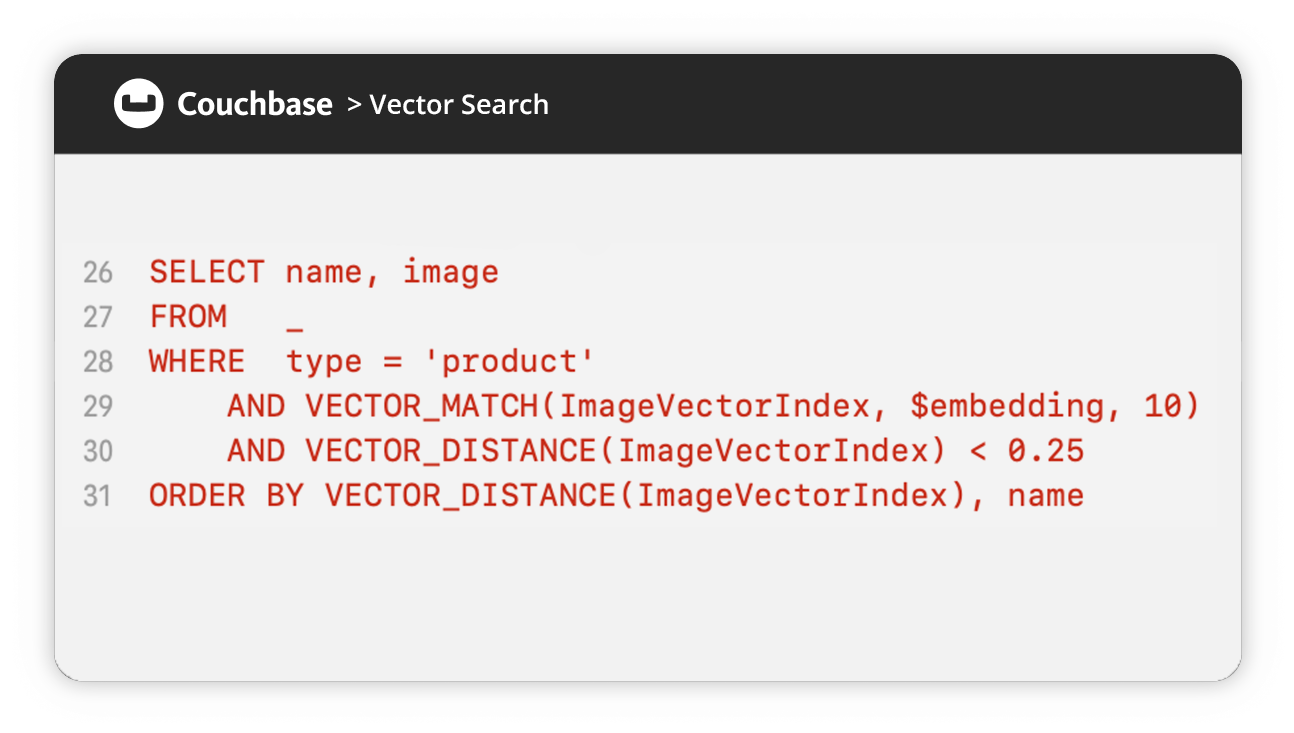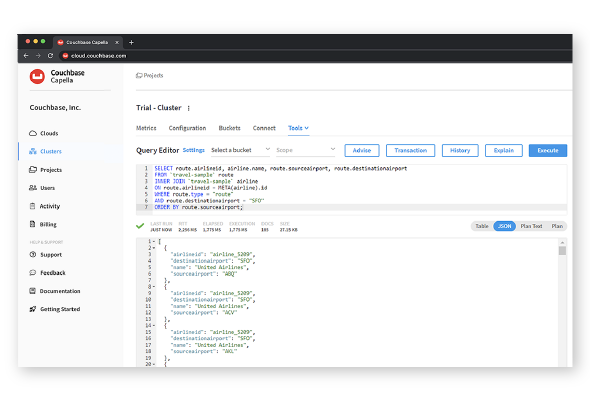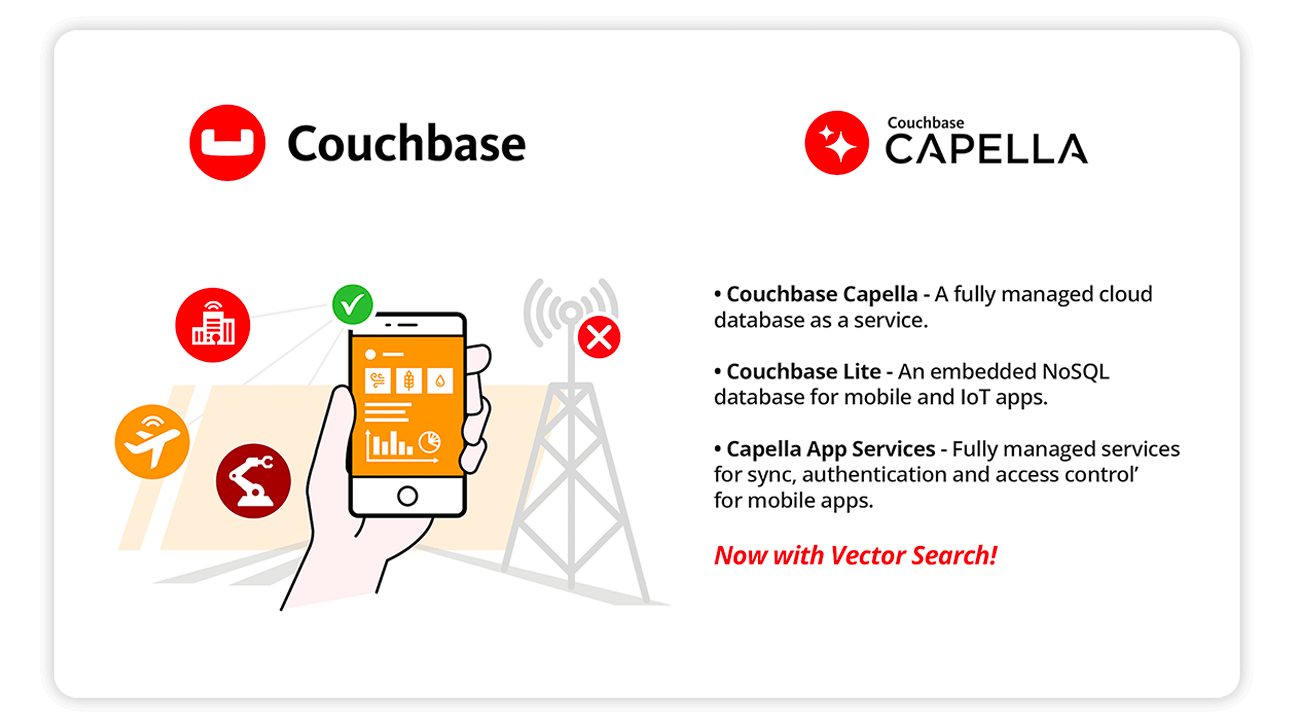Database hosting is a service provided by a database host company (usually a cloud data center or cloud provider) that includes everything you need to run your chosen database. Database hosts provide security to keep your data safe, and scalability to ensure your data and data operations can grow when needed. Some hosts also offer other database-related services that can help your team innovate or gain a competitive edge.
This page will cover:
- Benefits of database hosting
- Database hosting considerations
- Database hosting providers
- NoSQL database hosting
- Conclusion
- FAQ
Benefits of database hosting
Database hosting has become popular as an alternative to managing your own database on premises in your data center. Benefits of database hosting include:
- Availability and reliability: Database hosting providers generally include built-in redundancies and automated backups to protect against data loss and downtime. They can also provide uptime guarantees.
- Scaling: Database hosts can provide flexible options to increase the size and capacity of your database without having to overhaul your database entirely.
- Security: Hosts provide continuous security monitoring, encryption, audits, and firewalls. They also apply security patches quickly, reducing exposure to new vulnerabilities.
- Cost-efficiency: Maintaining your own data center, hardware, and specialized IT staff is expensive. Database hosting companies manage this overhead themselves, providing economies of scale. Subscription-based pricing models can also make expenses more predictable.
- Expert support: Database hosting provides technical support, troubleshooting, and services like data migration as a package deal. This level of support and expertise can be difficult to obtain and maintain for your in-house data center.
Database hosting considerations
When evaluating a database hosting service, you should consider several factors to ensure you choose the best option for your organization’s needs. Here are five key considerations:
- Customization and access control: When you host and manage your own on-premises database, you have maximum control of everything from hardware to end users. Hosted databases give you less control. Even the most permissive database host will have some limits on what you can customize and access.
- Cost structure: Pricing can be complex and can include a variety of factors such as storage size, number of queries, read/write throughput, and more. Make sure you understand not just the up-front costs but also the ongoing expenses and any potential additional fees (like data transfer, backups, or exceeding usage limits).
- Database technologies: Most database technologies will be available from hosts and providers. Still, it’s important to understand what options are available for the database technologies you plan to use.
- Public cloud options: For any database host you’re considering, be sure you understand their public cloud hosting options. Are Azure, AWS, and Google Cloud all included? Which data centers are available within those providers? Is the database hosting provider using their own data center(s)?
- Database-as-a-Service: If a database hosting company provides a DBaaS, they are taking on the burden of installation, upgrades, maintenance, and configuration. An example of a DBaaS is Couchbase Capella™, the cloud database hosting service provided by Couchbase. It’s available for Azure, AWS, and Google Cloud and also includes App Services to support automatic mobile database sync.
Database hosting providers
Database hosting providers offer a range of databases to cater to all businesses from small startups to large enterprises. While there are many database hosting services available, the three that are most well known are:
Each provider offers a complex suite of databases to meet different requirements. For instance, AWS offers DynamoDB for key-value, RDS and Aurora for relational engines, Kinesis for stream data, Glue for ETL, Lake Formation for data lakes, and many other options. Azure and Google Cloud also have a complex set of databases that you can use to put together your own data platform. You’ll need to manage the costs and complexity of all these parts carefully.
Couchbase Capella provides one unified platform so you can handle many database requirements without worrying about cloud database sprawl. This unified platform simplifies your database hosting requirements and helps reduce costs. And Capella can run on any major cloud provider, which makes it a seamless experience if you want to switch cloud providers or use multiple cloud providers.
NoSQL database hosting
NoSQL database hosting services offer a modern approach to data management and are particularly suitable for projects that deal with large volumes of structured and unstructured data, real-time analytics, and complex queries. Unlike traditional relational databases, NoSQL databases scale horizontally and provide high availability, making them ideal for cloud hosting environments.
NoSQL offers various data models such as key-value, document, time series, and SQL, enabling flexibility to meet application needs. A database like Couchbase that supports multiple data models is known as a multi-model database. Businesses often turn to Couchbase Capella for database hosting to support applications that require automatic scaling, low-latency data access, and the ability to handle a mix of data types and structures.
Conclusion
Database hosting has emerged as a popular alternative to on-premises data centers because it offers a variety of benefits that include high availability, scalability, security, cost-efficiency, and expert support. Organizations have many database hosting options, including cloud providers like Azure, AWS, and Google Cloud, as well as complete data platform services like Couchbase Capella for NoSQL databases.
Database hosting services can provide businesses with the tools to manage, analyze, and secure their data effectively, allowing them to focus more on their core operations and less on database management complexities. Each option has strengths and weaknesses around customization, cost structure, and technology offerings, making it essential to assess your needs carefully.
Ready to give database hosting a try? Sign up for a free trial of Couchbase Capella.
Also, check out our database hub to learn about other key concepts around data management.
FAQ
What is a database host?
A database host is a service provider that offers the infrastructure and tools needed to run and manage a database, typically in a cloud data center.
How much does it cost to host a database?
The cost of database hosting can vary widely depending on factors like storage size, query volume, and provider. Costs range from a few dollars a month for basic services to thousands of dollars for enterprise-level solutions.
Where can I host a database?
You can host a database with various providers like AWS, Azure, or Google Cloud. You can use a specialized database hosting service. Or you can even host on your own on-premises hardware.
How do I host a database locally?
To host a database locally, you’ll need to install the database software on a local machine, configure it according to your needs, and ensure it’s accessible to any applications that need to interact with it.


